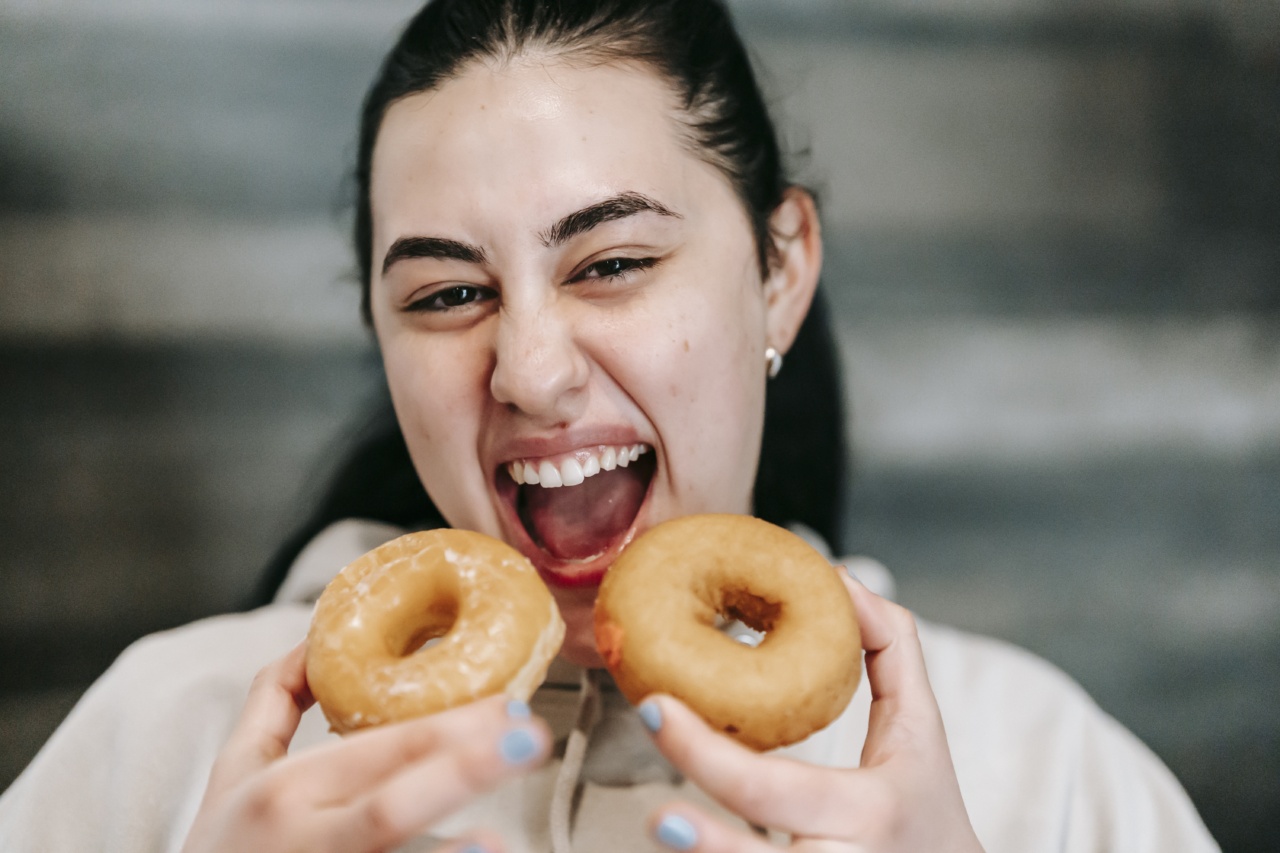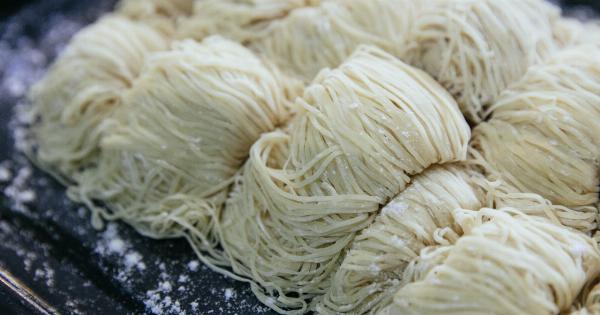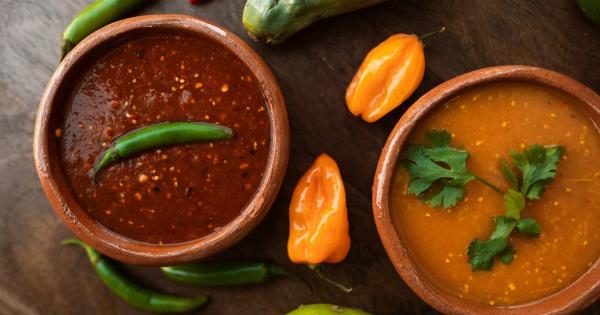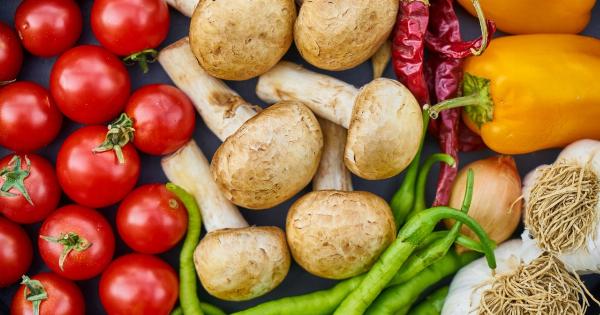As the temperature starts to drop, you may notice that your appetite begins to increase. Research has shown that people tend to eat more during the winter months, and there are several reasons why this happens.
Let’s take a closer look at why we crave more food in winter.
Cold weather and increased appetite
One of the main reasons why we tend to crave more food during winter is due to the colder weather. Whenever the temperature drops, the body tries to maintain a constant internal temperature to stay warm. This process is known as thermoregulation.
The body burns more calories to keep itself warm, which leads to an increase in appetite as the body craves more fuel to generate heat.
In addition, cold weather can also lead to a decrease in serotonin levels in the brain. Serotonin is a neurotransmitter that affects mood, appetite, and sleep.
A drop in serotonin levels can lead to an increase in appetite, as the body tries to increase its serotonin production by consuming more carbohydrates.
The holiday season and overeating
Another reason why we tend to crave more food during winter is due to the holiday season.
The period from Thanksgiving through to New Year’s Day is often associated with large family gatherings, parties, and feasts, which can lead to overeating and indulging in high-calorie, high-fat foods.
During the holiday season, people tend to consume more food and alcohol than they would during other times of the year. This can lead to a significant increase in calorie intake, which can contribute to weight gain and other health issues.
Lack of Vitamin D
Winter is associated with shorter days and longer nights, which means that people spend less time outdoors. This can lead to a vitamin D deficiency, as the body produces less vitamin D when it’s not exposed to sunlight.
A lack of vitamin D can lead to a decreased metabolism, which can make it harder for the body to burn calories and regulate appetite.
Inactivity and decreased metabolism
Winter weather can also lead to a decrease in physical activity. The cold weather can make it less appealing to go outside and exercise, which can lead to a decrease in metabolism.
Without regular physical activity, the body burns fewer calories, which can lead to an increase in appetite as the body tries to compensate for the decrease in calorie-burning.
Comfort food and emotional eating
During winter, people often turn to comfort foods, which tend to be high in carbohydrates and fat. Comfort foods are often associated with positive emotions, such as happiness and nostalgia, and can provide a temporary mood boost.
However, indulging in comfort foods can lead to overeating and emotional eating, which can contribute to weight gain and other health issues.
In addition, emotional eating can be triggered by seasonal affective disorder (SAD), a type of depression that’s related to changes in season and light exposure.
People with SAD may turn to food as a way of coping with their symptoms, which can lead to overeating and weight gain.
Conclusion
Overall, there are several reasons why we tend to crave more food during winter. The colder weather, holiday season, lack of vitamin D, inactivity, and emotional eating can all contribute to an increase in appetite and calorie consumption.
To maintain a healthy weight and avoid overeating, it’s important to stay active, eat a balanced diet, and seek help if you’re struggling with emotional eating or SAD.





























